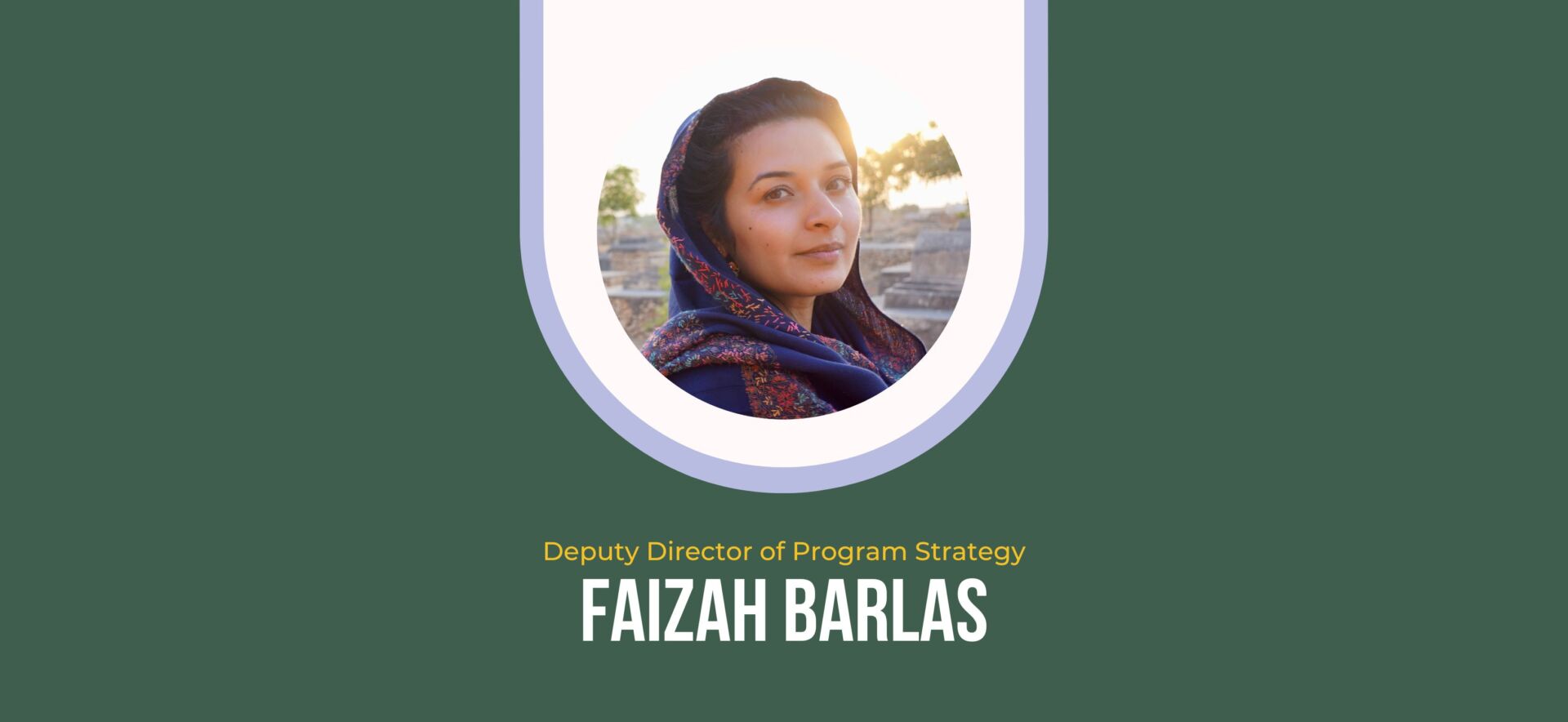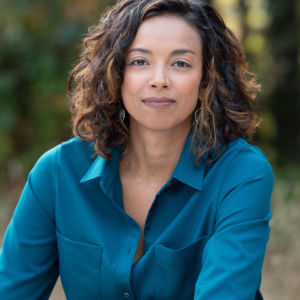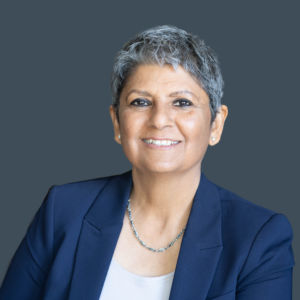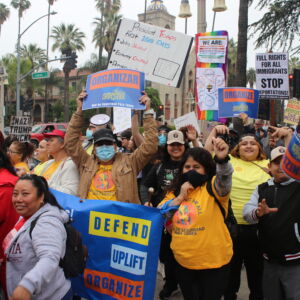Meet Faizah Barlas

Faizah (she/they) joins CCF as our new Deputy Director of Program Strategy for the Community Ownership for Community Power fund. Faizah brings deep experience in housing justice, cooperative governance, and nonprofit leadership, most recently serving as Director of Finance & Operations at the Beverly-Vermont Community Land Trust. She will help guide COCP’s program strategy and strengthen partnerships to advance community ownership and housing justice across California.
What brought you to CCF?
I am arriving at CCF from the grassroots community land trust movement in Los Angeles, CA. I was previously the Co-Director of Beverly-Vermont Community Land Trust, where I developed the internal organization’s infrastructure and steered the community-led housing development and cooperative projects. BVCLT was one of the fourteen organizations selected to be a part of the co-design process for CCF’s COCP fund, and I had the honor of serving on the strategy subcommittee to work closely with CCF to move the work forward. It ignited a passion in me to step outside of the weeds of housing development and engage more critically with the financial system that makes getting capital and resources to grassroots community organizations difficult.
What drew you to movement work?
What drew me to movement work was necessity. I worked at a small grassroots CLT with limited staff capacity and resources. It was almost impossible to get access to more resources, while also meeting the needs of the community. By entering the movement space, it put our work into a larger political framework for the change we want to see at a structural level. At the same time, it also increased our capacity to be able to be resourced, have a learning community, and partner strategically to advocate for our communities.
How did you get into community development?
In my early years of social justice work, I was an organizer and a direct service provider that worked with working class people on an individual basis. My work ranged from organizing in Little India with the undocumented South Asian community for immigration protection, negotiating with landlords for accommodations for disabled tenants who were being evicted, and accompanying court-involved youth to their hearings and advocating on their behalf for an alternative to incarceration program during court proceedings or sentencing.
Once I arrived at my graduate school program, I was wrestling with the frustration of addressing structural racism, disinvestment, and lack of social safety net through temporary direct support services that I had been able to provide through the various nonprofits I had worked for. That journey led me to Community Land Trusts, as a community development tool that actually moved stabilizing resources into the hands of collectively-governed organizations by community members.
Why is community ownership important to you?
Community ownership is important to me because it is a practice of living out the principles of interdependence, resiliency through relationships, and developing the reality we want to live in, even while we are very much in transition. Community ownership is a way to protect not only affordable living or homeownership, but to also protect parks, community centers, cultural and art spaces, small businesses, and land from development.
What inspires you to do this work?
I am inspired by “New Economy” solutions, and I see community ownership as one of those solutions. The news cycle each day is terribly distressing, but seeing physical acts of resistance through collectivity, healing each other and the land, and a defiance to bend to the status quo is what gives me hope and courage.
What brings you joy or sustains you in movement work?
I am sustained by being in a relationship with others who hold steadfast to their values of resistance grounded in a genuine love for people, other beings, and the earth. It also brings me joy to see the growth of the cooperative and community ownership movement — more and more people are organizing, building together, and rejecting the status quo of competition, the myth of scarcity of resources, and the need to ‘compete’ to get your basic needs met.




